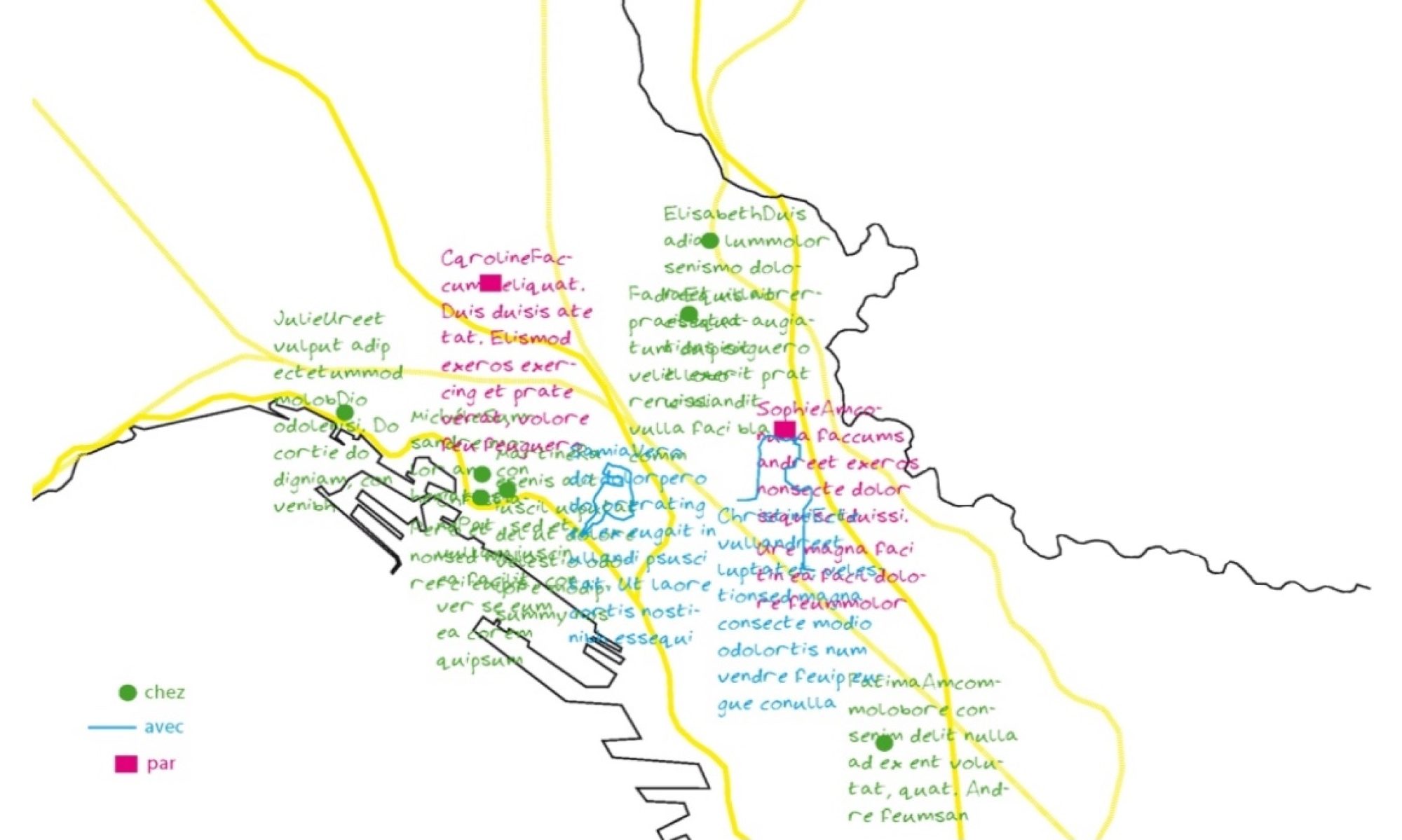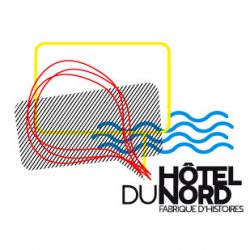For the third edition of the #InvisibleArchives of the Manifesta Biennal, Moroccan artist Mohamed Fariji (b. 1966, MA) is collaborating with our cooperative of inhabitants from the northern districts of Marseille Hôtel du Nord.
Involved in the exploration of urban myths and collective memory, Mohamed Fariji, develops participatory artistic projects over a long period of time. After a three-week residency hosted by Hôtel du Nord, the artist will present his collaboration and work on the collective’s archives at Tiers QG, for Invisible Archive # 3. This collaboration happens during upcoming local elections and reflects upon “Oh Bonne Maire”, the political story project of Christine Breton, heritage curator and retired Professor of History.
#InvisibleArchives represent selected genealogies and non-institutional memories of various civil initiatives, histories of resilience and community synergies originated and located in particular areas of Marseille. Challenging the city’s “mainstream” discourses, these genealogies re-narrated by an invited artist or a collective, inhabit the space of Tiers QG in a year-long sequence of exhibitions and public programmes. Selected archives are used as departure points for artists and exhibitions. The public programme takes place in the ecosystem of Marseille, as well as in relation to foreign initiatives and practices.
Hôtel du Nord invite four initiatives from the european Faro convention network to share their experiences about #InvisibleArchives: Patrimoni in Psain, Cabbage Field in Lituania, Almašani in Serbia and Machkhaani en Gorgia.
The Faro convention of the Council of Europe on the value of cultural heritage for society is about people, places and stories and to make invisible visible (Faro moto). The Faro convention network members try to implement human rights, rules of law and democracy in sometimes difficult circumstances (clientelism, corruption, rural emigration, gentrification, speculation). To manage these situations, in addition to judicial procedures, manifestations and petitions, they choose to use heritage and archives. What is the value of invisible archives for the society? For heritage communities, education, quality of life, social dialogue, regeneration of communities? They will share their experiences during an Aogora on Saturday 22th of Febbruary from 2 pm to 5 pm a the Tiers QG.

